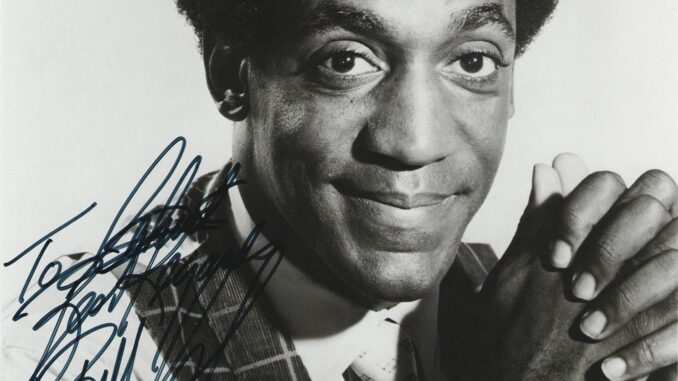
When The Cosby Show premiered in 1984, it wasn’t just another sitcom — it redefined what was possible for television, particularly for African American representation.
Before The Cosby Show, depictions of African American families on television often focused on stereotypes or lower-income struggles. The Cosby Show broke this mold by presenting an affluent, educated, and loving African American family living in Brooklyn. The Huxtables — with Cliff as a successful doctor and Clair as a lawyer — offered a nuanced portrayal of African Americans, highlighting a family dynamic many viewers hadn’t seen before. This positive depiction helped normalize the idea that African Americans could thrive in successful professional careers, and it inspired future television shows to offer more diverse representations.
One of the most revolutionary aspects of The Cosby Show was its ability to transcend race. While the Huxtables were proudly Black, their family experiences were universally relatable. The show tackled everyday issues like parenting, relationships, education, and growing up in ways that all viewers could understand. It resonated with a wide audience, bridging racial gaps and proving that African American-led shows could have mainstream appeal without relying on race-based humor or stereotypes.
The Cosby Show deviated from the traditional sitcom format by placing a greater emphasis on family values and moral lessons. Instead of relying solely on comedic setups or punchlines, the show incorporated heartfelt moments and real-life challenges. This blend of humor and heart helped pave the way for a new type of sitcom, where meaningful messages were intertwined with comedy. Future family-based shows like Full House and Family Matters adopted this approach, leading to a more emotionally resonant television experience.
Bill Cosby’s influence as an educator played a major role in the show’s ethos. The series subtly incorporated educational lessons, often focusing on the importance of education, self-respect, and hard work. There were episodes where characters engaged in discussions about history, art, and literature, emphasizing the value of learning. This helped elevate the sitcom genre from mere entertainment to a platform where viewers, particularly young ones, could be inspired to prioritize education and personal growth.
The Cosby Show was instrumental in opening doors for African American actors, writers, and directors in Hollywood. Its massive success proved that there was a significant market for African American-centered stories, which led to more opportunities for Black talent in the entertainment industry. The success of this show also gave rise to A Different World, a spin-off that focused on college life, continuing to showcase Black experiences. The series also inspired a wave of African American-led sitcoms in the 1990s, including The Fresh Prince of Bel-Air and Living Single.
